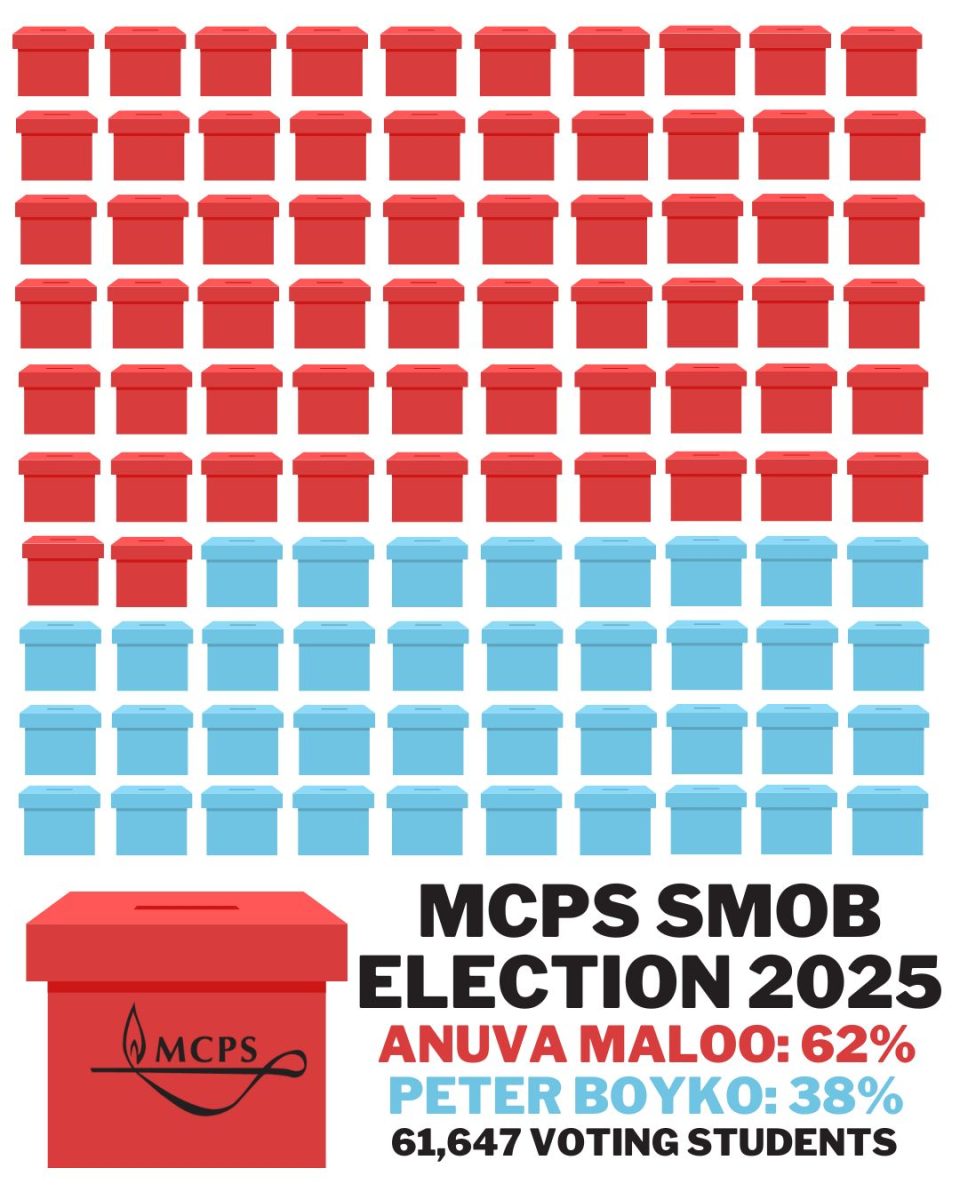Earlier this month, Speaker of the House, Kevin McCarthy was removed from his position by a vote of 216-210. Eight Republicans joined the Democrats’ effort to remove McCarthy. This was an unprecedented event, as it was the first time in American history a Speaker of the House had been voted out of office.
“I think it had a major effect on the government as a whole,” sophomore Brooks Hogan said.
After being removed, McCarthy held a press conference to discuss his experience becoming a member of Congress and the 55th Speaker of the House. He also addressed the circumstances under which he had been dismissed from his position.
This had occurred after Democrats and Republicans in Congress struggled to come to an agreement over appropriation bills to fund federal agencies. McCarthy tried to compromise with the Democrats, and negotiated a budget deal with President Biden.
However, he was strongly pushed by partisan legislators, which did not sit well with Democrats. Additionally, prior to his removal, he supported hearings for impeaching President Biden. Because of this, Democrats were not happy with McCarthy’s efforts to please them and far right conservatives in the Republican party at the same time.
Because of this in-house controversy and his reaching to compromise with Democrats to avoid a government shutdown, a motion was introduced in the house to remove the Speaker.
AP Government teacher, David James said, “It’s very damaging right now [because the government will] not be able to take significant action for fixing any problems that may be arising.”
McCarthy said that he will not run again for Speaker of the House. Initially, two candidates ran for this position—Jim Jordan, an Ohio representative and Steve Scalice, a representative from Louisiana. After meeting, the majority of Republicans’ voted for Scalice. However, because he didn’t have the necessary votes to be Speaker of the House, he decided to remove his name from consideration on Oct. 12.
At the time, the House was being led by a temporary Speaker, Patrick McHenry, who was given limited powers.
On Oct. 13, Austin Scott of Georgia put his name up for nomination for Speaker. However, it appeared that Jordan had a shot of winning this election; as he was well liked by the hard right Republicans that ousted McCarthy and is a favorite of former President Donald Trump. Later that day, Jordan was nominated by House republicans, defeating Scott in a vote 124-81.
After several attempts, a number of candidates dropped out of the race to become Speaker. The Republicans of the House selected Rep. Mike Johnson of Louisiana who was elected on Oct. 25 as the official Speaker of the House. He reserved 220 votes from all Republicans in the House, while Democrats opposed him for the position.







